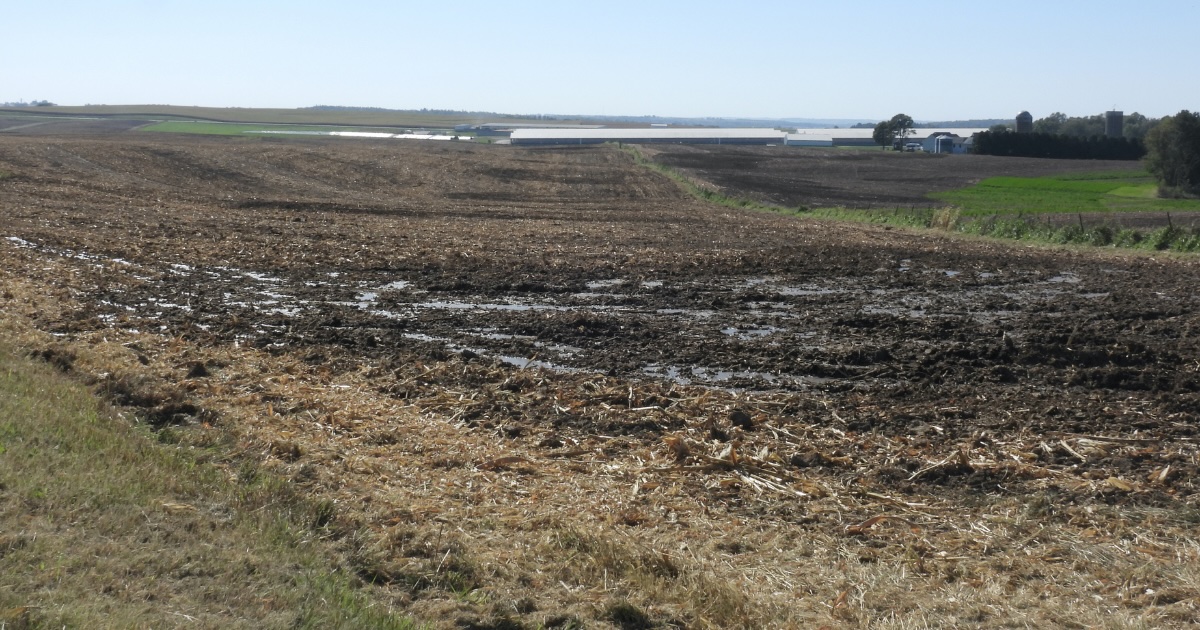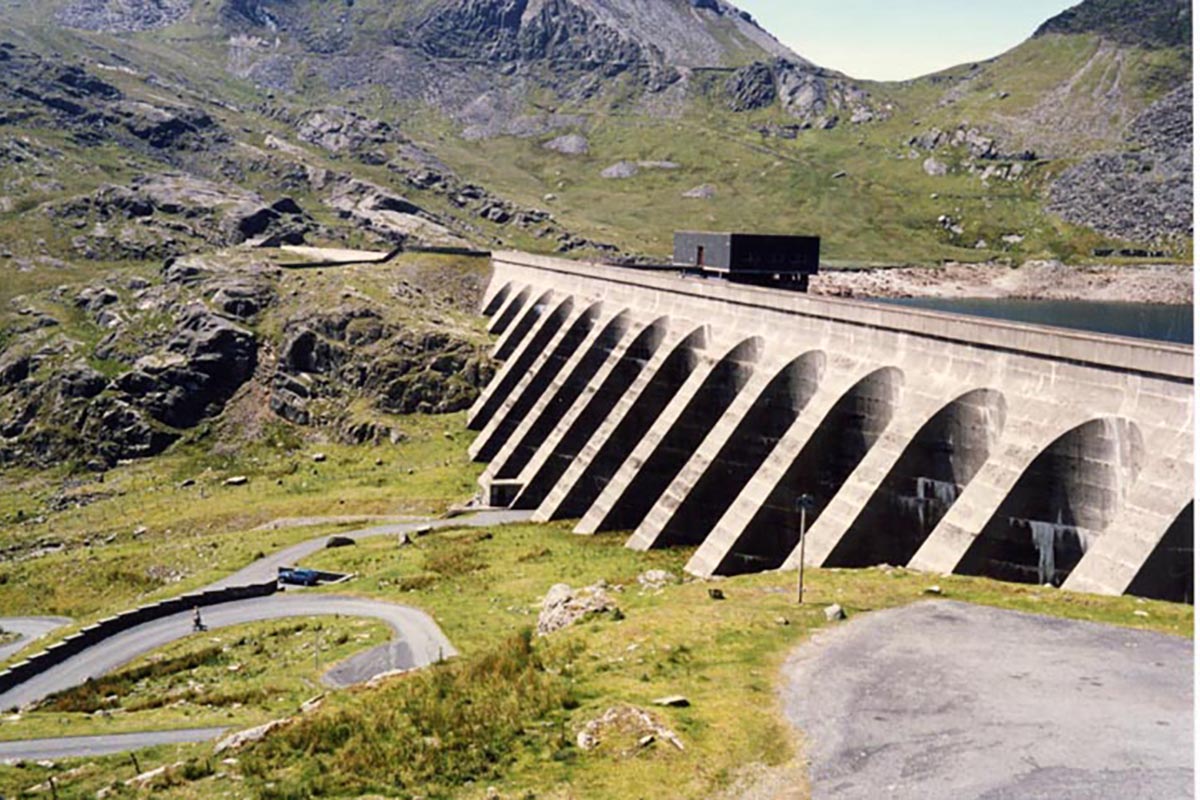Protestors disrupted a public meeting on Monday about a federally-funded “hydrogen hub” to be located in southeastern Pennsylvania, southern New Jersey and Delaware that would produce, transport and store the controversial fuel at sites across the region.
While the Biden administration considers these hubs a key part of its climate agenda that would decarbonize greenhouse-gas intensive sectors of the economy like heavy industry and trucking, climate activists consider hydrogen a false solution based on unproven technology that will only lead to more fossil fuel extraction and further pollute the environment.
Minutes after Governor Josh Shapiro took the stage at a union hall in northeast Philadelphia to speak in support of the project, which will be funded with $750 million from the Department of Energy as part of the Bipartisan Infrastructure Law, the Delaware Riverkeeper, Maya van Rossum, stood up from her seat and demanded his attention.
“The Department of Energy said that community engagement is supposed to be a highest priority. You have yet to have a meeting with the impacted community members to hear what they have to say,” she shouted, interrupting Shapiro as he was speaking about the buy-in for hydrogen hubs at all levels of government in Pennsylvania. “When are you going to have a meeting with those community members?” she asked.
We’re hiring!
Please take a look at the new openings in our newsroom.
See jobs
As van Rossum yelled over the sound of the microphone, Shapiro tried to regain control of the room. “This is a meeting where we are here to listen,” he said. “I’m happy to have people voice their thoughts constructively through this process. Yelling and shouting does nothing other than disrespecting the people who are here to listen.”
When van Rossum was joined on the floor by several other activists in a coordinated effort to force the governor to hear their questions, Shapiro left the stage and did not return.
Shapiro has trumpeted the fact that Pennsylvania is the only state to have been awarded two of the seven hydrogen hubs the Biden administration is funding nationally with $7 billion in grants: the Mid-Atlantic Hydrogen Hub (MACH2), the subject of Monday’s meeting, with hydrogen-related facilities in Southeast Pennsylvania, southern New Jersey and Delaware and the Appalachian Hydrogen Hub (ARCH2), located in West Virginia, Kentucky and Southwestern Pennsylvania.
The details of how both projects would work and where they would be located have yet to be fully determined, but the ARCH2 project would use fracked gas from the Marcellus Shale to produce so-called “blue hydrogen.”
MACH2 will be “primarily” powered by nuclear and renewable sources, according to a website published by officials and leaders in Pennsylvania and Delaware who are advancing the project, which Shapiro says will create 20,000 jobs. Activists fear that MACH2 may use fracked natural gas, too, like the ARCH2 hub proposed in western Pennsylvania. MACH2 says it will “fuel the local energy economy while mitigating emissions” and create thousands of clean energy jobs in the region. If the MACH2 project continues to move forward, the construction phase of the hub is still years away.

Producing hydrogen from either fracked gas or water requires enormous amounts of energy. So far, there have been no commercial-scale projects that remove high enough levels of carbon emissions through the use of carbon capture technologies to make blue hydrogen truly qualify as “clean.”
Van Rossum’s organization, the Delaware Riverkeeper Network, is one of 32 environmental groups, including Food and Water Watch and Physicians for Social Responsibility Pennsylvania, that signed a letter addressed to the Department of Energy on Feb.16 protesting the meeting and calling for the location and time to be changed so that more people could attend.
The meeting began at 8 on Monday morning at the Philadelphia Steamfitters Local Union 420, far from the areas of southeastern Pennsylvania that will potentially be impacted by the hub and largely inaccessible by public transit.
All seven hydrogen hub proposals that were ultimately selected by the federal government are required to include a “community benefits plan” that emphasizes “diversity equity inclusion and accessibility” and explains how the project will incorporate Biden’s Justice40 initiative, which directs that 40 percent of the benefits from specific federal investments be earmarked for “disadvantaged communities.”
The program for the MACH2 event noted “the provision of economic opportunity and health improvements that will directly benefit disadvantaged communities” as one of the hub’s goals.
Despite these goals, environmental justice advocates and frontline community members in Pennsylvania say they have not been invited into the decision-making process for the project. They feel they’re being sidelined in favor of labor and energy interests, and they’re concerned about the environmental and public health implications for their neighborhoods, places that have suffered long-term harm from nearby industry and manufacturing facilities for decades.
“We were not invited to this meeting,” said Zulene Mayfield, who leads Chester Residents Concerned for Quality Living, an environmental justice nonprofit based in Chester, Pennsylvania, one of the areas that may be affected by the hydrogen hub. “How the hell are you going to have a conversation about community benefits without inviting the community?”
Home to “an unprecedented cluster of industrial polluting facilities,” Chester and its residents have been at the forefront of the environmental justice movement in Pennsylvania for decades.
Mayfield said that no one has done outreach in Chester about the hydrogen hub, as far as she knew, and she and other Chester residents had come to the meeting to ask questions if there was any opportunity to do so. She said she was frustrated by the “air of secrecy” around planning for the hub, and that others in Chester who wanted to come to the meeting weren’t able to attend because of the location and time.
“Everybody’s trying to make a dollar off the backs of environmental justice communities,” she said. “They made this meeting inaccessible to our communities. They don’t want us here.”
In an interview after the meeting, MACH2’s co-chair, Collin O’Mara, said that frontline communities’ skepticism about the hydrogen hub was “understandable and warranted,” given the history of broken promises in those places.
He said they were planning a series of upcoming meetings to talk about the project at the community level, including in Chester and Delaware City, Delaware.
In their response to the protest letter from Feb. 16, the MACH2 Board of Directors said that the meeting on March 11 was a “public event” and not a “community meeting,” which is why engaging with residents who live near potential hub sites was not the focus.
“We believe this is an important distinction,” they wrote. “Our goal is to host a regional meeting where people from as many constituencies as possible are able to attend and learn about the MACH2 hub as a whole.”
Each table in the union hall was set up with index cards and pencils for audience members to write their questions, but in the end, only a handful of questions from the crowd was hurriedly answered on stage in a five-minute period at the end of the “Community Benefits, Workforce, Public Health, and Equity” panel discussion. The questions were addressed by Manny Citron, the panel’s moderator and the Chief of Staff for Philadelphia’s Department of Labor.
This story is funded by readers like you.
Our nonprofit newsroom provides award-winning climate coverage free of charge and advertising. We rely on donations from readers like you to keep going. Please donate now to support our work.
Donate Now
Other than Citron, none of the speakers who participated in the four-hour program responded to any audience questions on stage. Speakers at the event included Sen. Bob Casey (D-Pa.), U.S. Rep. Mary Gay Scanlon (D-Pa.) and Perritti Di Virgilio, the incoming director of the Department of Labor for the City of Philadelphia, as well as representatives from SEPTA, Philadelphia Gas Works, Steamfitters Local 420 Union and PBF Refining Company.
Based on preliminary maps of the hub, Ramona Rousseau-Reid, who also attended the meeting, worried that her southwest Philadelphia neighborhood, Eastwick, would be adversely affected. She spoke about the need for her community to be informed and to have a platform to share its perspectives on the project. “Brown and black communities are always targeted,” she said. “We’ve had enough of it.”
Rousseau-Reid is the vice president of the Eastwick Friends and Neighbors Coalition, a community group. Eastwick already struggles with flooding issues, as well as pollution from the Philadelphia airport, two highways, a landfill and a shuttered oil refinery. “There’s nothing good I can say about it,” she said of the hydrogen hub proposal.
Earl Wilson, the president of the Eastwick neighbors coalition, said that the hydrogen hub’s project leaders needed to make themselves more available to community members who wanted to learn about the details of their plans and talk about what the hub would mean for their neighborhoods. “We need for them to listen to us,” he said.

















